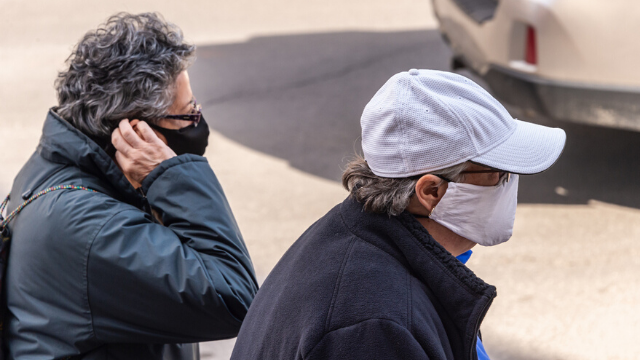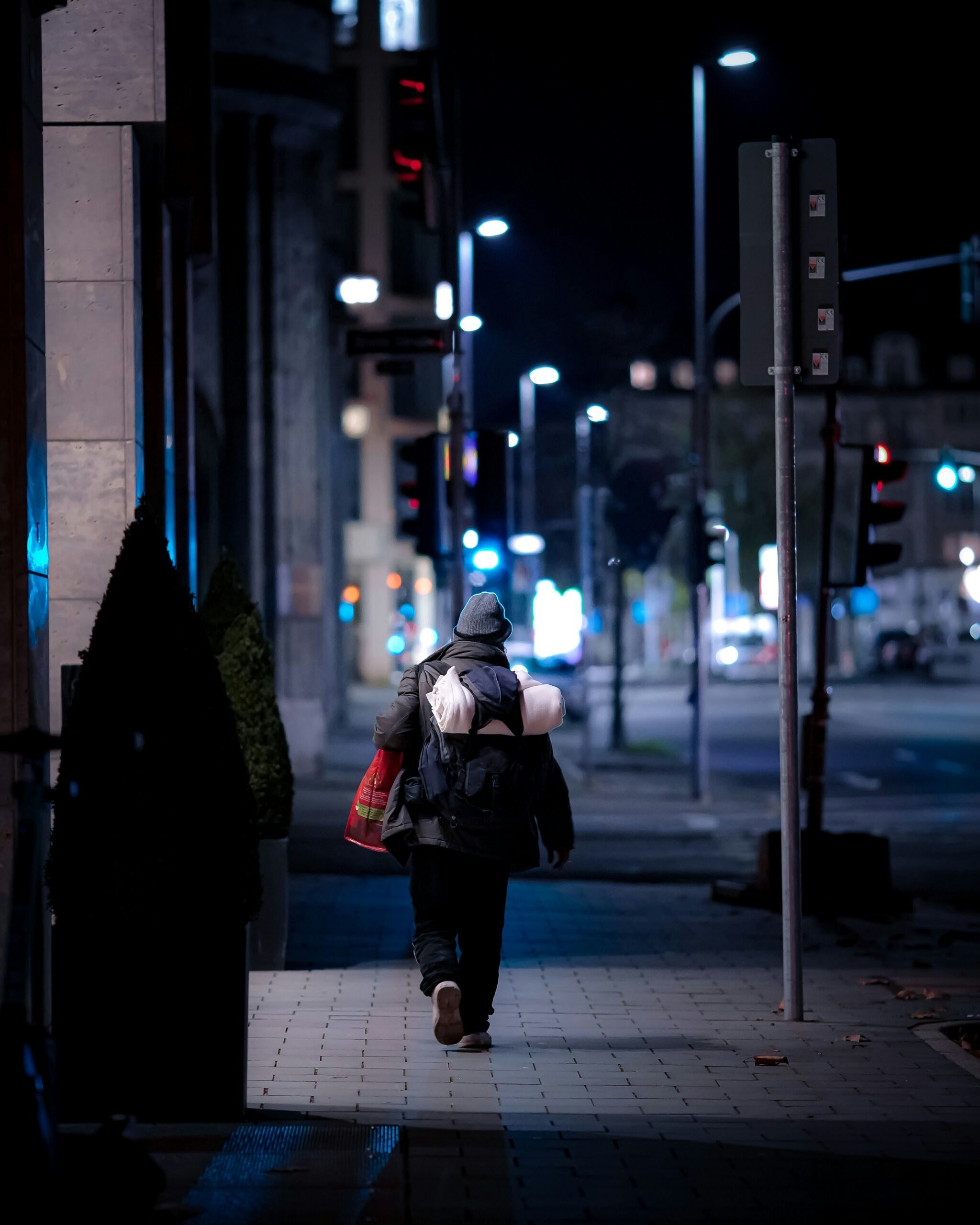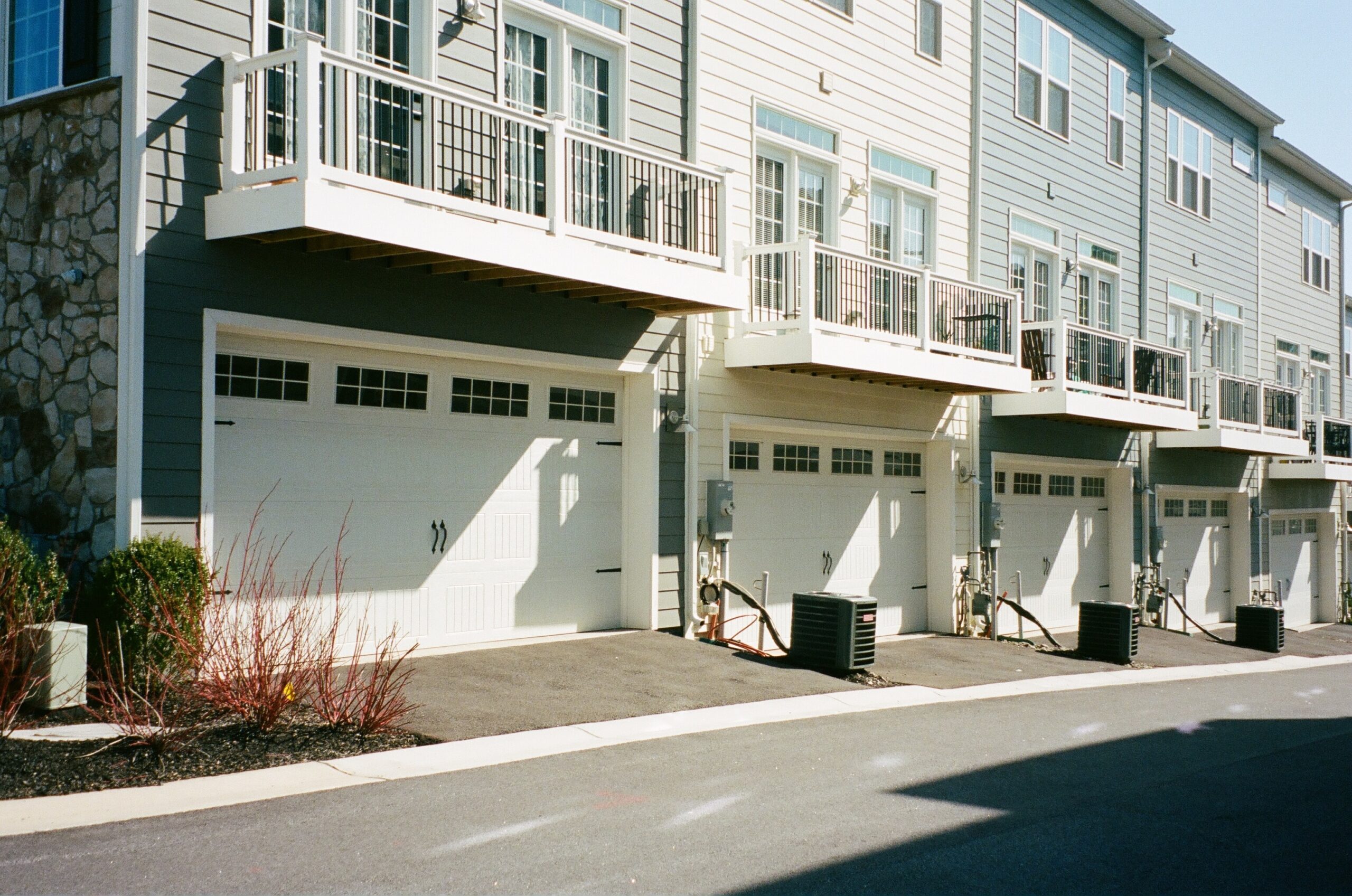Featured Guest
You’ll find this guest among our growing roll of Urban Champions.
-
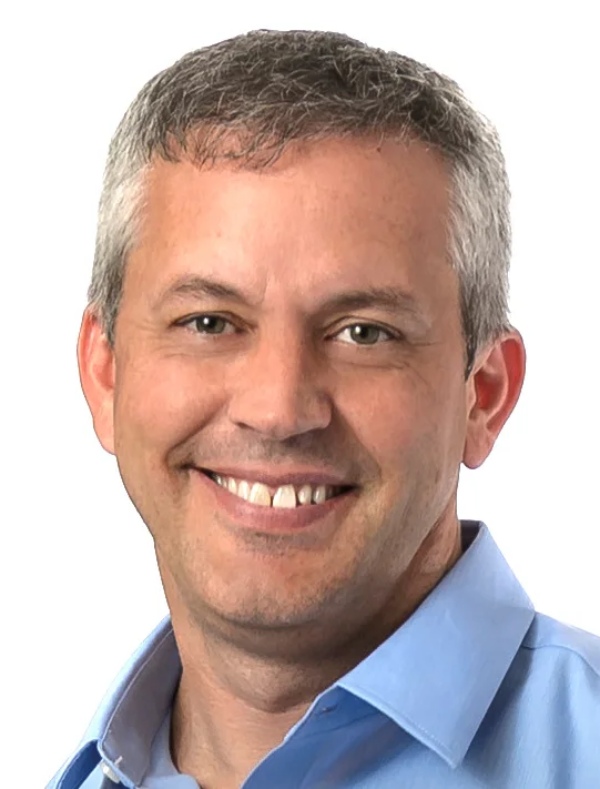
Rob Leblanc
Partner, Founder Director of Planning, Fathom Studio
-
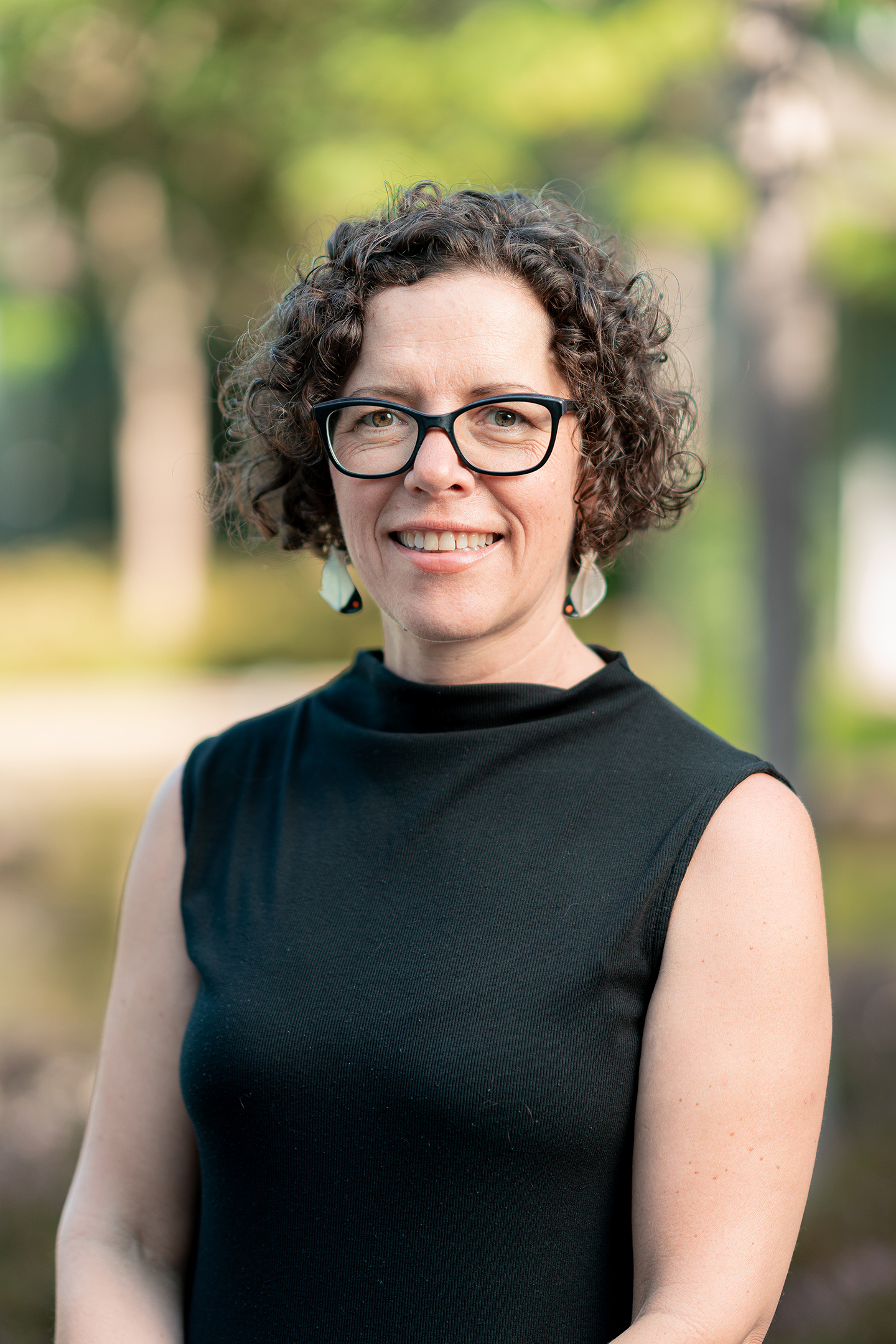
Meghan Winters
Epidemiologist, Simon Fraser University
-
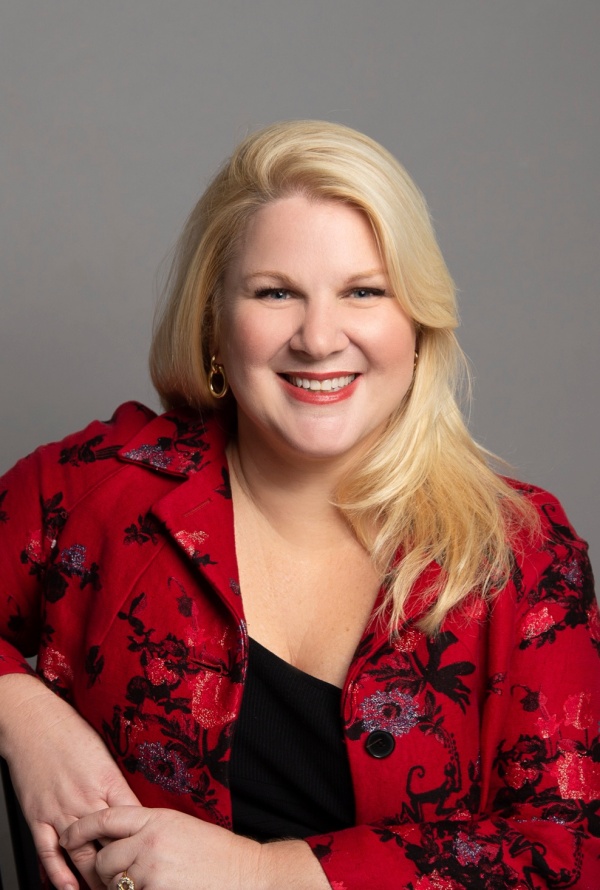
Laura Tambly Watts
CEO, CanAge
-

Brenda Vrkljan
Professor, School of Rehabilitation Science, McMaster University
5 Key
Takeaways
A roundup of the most compelling ideas, themes and quotes from this candid conversation
1. COVID-19 is having specific effects on older adults.
Older adults have felt the effects of COVID-19 in profound ways. Access – to clear information, to assistance, to technology, to food and medication – has been a challenge for many. Moreover, the very new effects of social isolation are becoming more apparent. As cities move forward with reopening plans, many seniors are still wary of how to safely inhabit public spaces.
2. We must make our communities more age-friendly going forward
As Laura Tamblyn-Watts explained, most seniors – over 90% – will never live in a long-term care facility. Building resilient cities to allow seniors to age in place is therefore essential. This requires considering how to make our public spaces – streets, walkways, and parks – safe for people across all ages.
3. When rebuilding, we must focus on the most vulnerable
Behind closed doors, there are many seniors that are suffering. Some are still dying daily in care facilities in horrific conditions – indeed, it took the Canadian Armed Forces to bring this systemic issue to light in Ontario in May 2020. Seniors are experiencing housing instability, homelessness, and mental health challenges. Racialized seniors, isolated seniors, and seniors with disabilities face incredible inequity. Policy must focus on addressing the inequities in our systems and prioritize the most marginalized.
4. We know the solutions for fixing our broken healthcare system
Our healthcare system was designed in a time with different care needs, and as such, it is necessary that we find ways to adapt to the future. Solutions have been proposed for many years, and we now need to implement them. Laura Tamblyn-Watts offered four major areas of reform: staffing, infrastructure, adequacy of care/interdisciplinary care, and model of care.
5. Collaboration is essential for supporting seniors
The work does not stop with healthcare workers. Creating the best conditions for Canada’s seniors demands action across different orders of government and governmental agencies, community organizations, researchers, and advocates. We need to appreciate our interdependencies. Support for seniors is needed in all arenas, and must be targeted at all levels. Some community organizations have begun this process, including faith-based organizations, libraries, community centres, telecommunications companies, neighborhood groups, and more.
Additional Reading & Resources
CanAge – Canada’s National Seniors Advocacy Organization
Federation of Canadian Municipalities Street Rebalancing Guide
Healthy Ageing CORE (Collaborative Online Resources and Education) Alberta
“ ‘Disturbing’ Ont. long-term care home report doesn’t come as a surprise to families” (CTV News)
Full Panel
Transcript
Note to readers: This video session was transcribed using auto-transcribing software. Manual editing was undertaken in an effort to improve readability and clarity. Questions or concerns with the transcription can be directed to events@canurb.org with “transcription” in the subject line.
Full Audience
Chatroom Transcript
Note to reader: Chat comments have been edited for ease of readability. The text has not been edited for spelling or grammar. For questions or concerns, please contact events@canurb.org with “Chat Comments” in the subject lin
From Canadian Urban Institute: You can find transcripts and recordings of today’s and all our webinars at https://canurb.org/citytalk
12:03:20 From Canadian Urban Institute: Welcome! Folks, please change your chat settings to “all panelists and attendees” so everyone can see your comments.
12:03:47 From Caroline Bergeron: Thank you for organizing this webinar!
12:03:52 From Canadian Urban Institute: You can find transcripts and recordings of today’s and all our webinars at https://www.canurb.org/citytalk
12:04:10 From Negin Minaei: Good afternoon, Negin from Toronto
12:04:14 From Khatereh Baharikhoob to All panelists: Hi from Toronto!
12:04:16 From Joanne Gillespie to All panelists: hi, listening in from Oakville
12:04:18 From Canadian Urban Institute: Keep the conversation going #citytalk @canurb
12:04:21 From Laura Tamblyn-Watts: Hi everyone!
12:04:21 From Ahmed Mohammed Moola: Hi Everyone, Ahmed from Johannesburg South Africa.
12:04:32 From Leigh Stickle: Hello from Vancouver!
12:04:48 From John Mungham to All panelists: Hi from Calgary
12:04:51 From Catherine Soplet: Catherine Soplet, tuning in from Mississauga. @Soplet on Twitter – experiencing COVID as a young senior under beautiful Clarkson-area tree canopy
12:04:53 From Carrie Cotton: Hello from Victoria, BC:D
12:04:56 From Mark Anderson: Good AFTERNOON, Mark from Hamilton, Ontario
12:05:44 From Yurij Pelech to All panelists: Gbc c
12:05:45 From Heather MacDonald to All panelists: Hello from Oakville ON
12:06:12 From Sahra-Lea Tosdevine-Tataryn to All panelists: hello, Sahra-Lea Tosdevine-Tataryn, City of Surrey, BC Age Friendly for Seniors.
12:06:42 From Judy Brownoff to All panelists: Hello Judy from Saanich
12:06:59 From Mary Kenny to All panelists: Mary from Halifax!
12:07:02 From Yurij Pelech to All panelists: Greetings from Bessant Pelech Associates Inc (Mississauga ON) gerontologists / LTC consultants and urban planners
12:07:09 From Laura Tamblyn-Watts: Greetings from Sandy Cove NS
12:07:09 From Caroline Poole, CUI Staff: Today’s CityTalk panelists are:
Vanessa Campisi: https://twitter.com/cityoftoronto
Rob Miyashiro: https://twitter.com/RobMiyashiro1
Laura Tamblyn-Watts: https://twitter.com/ltamblynwatts
Brenda Vrkljan: https://twitter.com/BrendaVrkljan
Meghan Winters: https://twitter.com/ChatrLab
12:07:24 From Abigail Slater (SCT): Hello from Toronto
12:07:50 From Andrea Lam: Greetings from the unceded homelands of the Sḵwx̱wú7mesh and traditional hən̓q̓əmin̓əm̓ speaking people (Burnaby)
12:09:36 From Anika Abdullah: Hello from St. Catharines, ON!
12:17:16 From Purshottama Reddy: Can the panelists comment on intergovernmental co – ordination and co – operative governance between the three spheres of government and the NGO sector in the context of the COVID – 19 Pandemic. Was it a success or were there challenges, and if so what are the solutions?.
12:18:05 From Guillermo (Gil) Penalosa: Older Adults is 1/3 of our lives, it can be the best third, healthier & happier. Of this third, 90% people are pretty independent, while 10% (3 yrs) mostly dependent. Let’s hear about both, not much an age issue, but a condition. Some 100 y/o very independent and others, 60, dependent. LTC deaths is horrible, unacceptable, many could have been avoided; that is part of the ‘dependent.’ But independent have also suffered much, before & during.
12:21:12 From kendall christiansen: Other panels have noted the importance of immigrants that provide essential caregiving services, including with institutions. But nursing home occupancy rates – at least in the US – have dipped 20% or more, and will not recover soon, perhaps not for years. That means layoffs and furloughs will be coming, and directly affect those caregivers. What issues/concerns will that raise?
12:22:08 From Abigail Slater (SCT): As the daughter of 95 and 96 year old parents who are fortunate to be able to remain in their home with care, it is very clear thet the options for seniors, particularly vulnerable seniors are limited, expensive, inflexible and terrifying in general as our society ages. How can we fix what has been uncovered, but is not new, by Covid.
12:22:23 From Abigail Slater (SCT): ?
12:23:06 From Godwin Chan to All panelists: Can digital tools help overcome the social isolation in some ways?
12:25:45 From Caroline Poole, CUI Staff: Reminder to please change your chat settings to “all panelists and attendees” so everyone can see your comments!
12:27:51 From kendall christiansen: to Laura: a recent population study projects the number of over-80’s will increase from 141 million in 2017 to 866 million in 2100 (worldwide)
12:30:09 From Godwin Chan: Can digital tools help overcome the social isolation in some ways?
12:34:21 From Abigail Slater (SCT): It was surprising to hear that only 20% of seniors are in congregant care…how many of the 80% aging at home are aging with dignity and are to living in poverty? And how do we reverse the “wharehousing”trend of the elderly and infirm to create support and structures for those that might be able to age in place? The current 1 or 2 day a week from care agencies is not enough to lessen the burden (usually on the daughters, while not exclusively). This is another issue that has a deep effect on women. And the increased aging is affecting the boomers ability to age in place themselves.
12:35:59 From Abigail Slater (SCT): I’m speaking specifically the old old…90’s plus. This demographic is rising and the cost of care is also rising.
12:38:04 From Anika Abdullah: Many seniors are choosing to age in place instead of using congregant care. What does ageing in place look like in the landscape of cities? How do our roads, walkways and public spaces become safe for people to age in?
12:38:33 From kendall christiansen: re digital tools: many care facilities have become good at managing video chats w family members as a substitute for personal visits; not perfect, and generally requires assistance, but Zoom-chats to see grandkids (and great-grandkids) can be wonderful
12:39:09 From Abigail Slater (SCT): In Lethbridge are those facilities private or publicly owned?
12:39:55 From Laura Tamblyn-Watts to All panelists: I can answer that
12:40:06 From Negin Minaei: That was actually a good point. We should keep bikers in their own lane not in the sidewalks. Last week I saw a cyclists crashed because she (was riding fast on that steep street) and was trying to give way to a mom with a stroller and little kid walking beside her coming towards the cyclist/. She couldn’t control, so crashed on the grass and hurt herself.
12:40:41 From Joanne Gillespie to All panelists: As a senior, I would love to see more “golden girl” type housing options. As you have already identified living alone is not fun, but the current option is primarily senior’s warehouses.
12:40:43 From Abigail Slater (SCT): Thank you Rob. I think that the experience is different in Toronto. I don’t think the privately owned facilities have fared so well.
12:40:48 From Pamela Fuselli to All panelists: What about the issue that many people called ‘visitors’ are actually ‘caregivers’ and an essential part of care for seniors in LTC?
12:41:09 From Canadian Urban Institute: Reminding attendees to please change your chat settings to “all panelists and attendees” so everyone can see your comments. Thanks!
12:42:56 From Abigail Slater (SCT): @Negin I am seeing way more cyclists (usually teens) on the sidewalks, which as a cyclist and mother I totally understand…i would not want my kids on Yonge street either. HOWEVER no one is educating these kids to WALK their bikes around pedestrians. They think that if they ring their bell it is enough. I think we need a massive education program for riders (even though technically it is illegal to ride on the sidewalk) that if you are on the sidewalk and you see a pedestrian ,you get off your bike until you see a clear path. I get it…our roads are not safe. Now our sidewalks are not safe either….
12:43:11 From Jenny Hiseler: I hope attendees are paying attention to the fact that this panel does not include anyone over sixty and we are not hearing from people with disabilities. We would not accept this in a panel on any other vulnerable group.
12:43:27 From Mark Venning: This webinar is great showing how COVID era drives home how important urban design, age friendly city redesign is everybody’s business to get involved and inter-generational project. Thanks Mary and CUI.
12:43:50 From Abigail Slater (SCT): @Jenny…good point.
12:44:37 From Abigail Slater (SCT): YES to Laura…it is VERY confusing.
12:45:11 From Abigail Slater (SCT): YES to Laura again.
12:45:25 From Abigail Slater (SCT): And the difference between old old and just old.
12:46:42 From Alexandra Flynn to All panelists: Excellent points, Laura – thank you for reminding us of the dire situations that many seniors face.
12:46:45 From Pamela Fuselli: What solutions are there to increase the support in the community to allow seniors to live independently as long as possible?
12:47:41 From Jenny Hiseler: thanks mary
12:48:04 From Negin Minaei: @Abigail that’s a good point. I knew there were NGOs that provide training for new riders, perhaps a serious mandatory riding classes and licensing bikers (like drivers) can help the safety of urban shared-space. I know it makes things more complicated but safer.
12:48:16 From Abigail Slater (SCT) to All panelists: (haha…I wasn’t going to say)
12:49:05 From Abigail Slater (SCT): @Negin in Holland all school age children take cycling classes throughout their schooling.
12:50:13 From Canadian Urban Institute: You can find transcripts and recordings of today’s and all our webinars at https://www.canurb.org/citytalk
12:50:26 From Jessica Wnuk to All panelists: ways in which folks are adding in more responsibilities to their roles… librarians to social workers, care givers etc.
12:50:37 From Alexandra Flynn to All panelists: Question for all – how does anti-Black, anti-Indigenous and other forms of racism intersect with the care for seniors (during this time of COVID019 and generally)?
12:50:59 From Laura Tamblyn-Watts: Hi Alexandra – care is significantly racialized
12:51:06 From Laura Tamblyn-Watts: And deeply gendered.
12:51:15 From Negin Minaei: @Abigail I know, right?! Loads to learn from the Dutch countries in terms of Sustainable and Smart transport. Such a shame that I couldn’t organize our transport conference with the CItyofTo before the COVID19.
12:51:46 From Laura Tamblyn-Watts: BIPOC care supports are fundamental to the system but are often also precarious workers who also have many of their own caregiving challenges at home
12:52:34 From zoe Levitt to All panelists: Try finding them through subsidized housing
12:52:39 From Catherine Soplet: As a young senior, when restrictions lifted and weather has been delectable, we host a weekly garden 3-hour BBQ to bring solo isolated single seniors without family members come together to make new friends, a handful at a time.
12:53:13 From Vanessa Campisi: City of Toronto is looking at what channels can we use to reach some of the harder to reach seniors, as you mention Rob. For example, for many seniors, reaching faith organizations.
12:53:27 From Vanessa Campisi: Or working with housing providers, even private, not just seniors social housing.
12:53:44 From Canadian Urban Institute: Keep the conversation going #citytalk @canurb
12:53:46 From Negin Minaei: @Catherine, Wonderful! God bless
12:54:01 From Abigail Slater (SCT): Asian home care too…Yong Hee has done amazing work.
12:54:10 From Abigail Slater (SCT): And Italian I think…
12:54:17 From Godwin Chan: How can we help seniors to counter mis-information and not fall victims to phone/ Internet scams as they are isolated and vulnerable, particularly during pandemic period?
12:55:08 From Catherine Soplet: In my social network, health conditions of individuals have deterioriated without routine access to maintenance healthcare, dentists, therapeutic massage, etc. People with early onset Alzheimers living in home settings are channelling the DOVID emotional state.
12:55:20 From Godwin Chan: Yee Hong and Mon Sheong are two community-based institution serving the diverse seniors in the GTA.
12:55:26 From Canadian Urban Institute: What did you think of today’s conversation? Help us improve our programming with a short post-webinar survey – https://bit.ly/2CYV3ob
12:55:42 From Abigail Slater (SCT): There is SO much more to talk about.
12:56:41 From Christine Drimmie: aging parents who are physically well and in their own home but suffering short-term memory are able to use land line but no longer use computer to access anything. Virtual services/connections do not work for this group. And mistrust strangers who call them on the phone.
12:57:03 From Laura Tamblyn-Watts: 20% of Canadian seniors had no one to reach out to even in the case of an emergency pre-COVID. And its worse now.
12:57:22 From Sue Campbell to All panelists: excellent p
12:57:36 From Sue Campbell to All panelists: excellent conversation and panelists. thank you!
12:57:37 From Abigail Slater (SCT): @Christine so true.
12:57:39 From Catherine Soplet: I have alerted Mississauga Seniors’ Council to CUI webinar – fabulous to have this conversation. THANK YOU.
12:57:47 From Joanne Gillespie to All panelists: Meghan, thank you, you really get it! The screen doesn’t replace face to face
12:58:20 From Keith Reading to All panelists: Wonderful conversation, glad to see smart people making a difference!
12:58:43 From Abigail Slater (SCT): What is hard to manage is how fast an able senior can become less abled.
12:59:49 From Jenny Hiseler: woooo!
13:00:07 From Daniella Balasal: Great point Laura. Thank you all!
13:00:15 From Joanne Gillespie to All panelists: Laura thanks for being the realist
13:00:26 From zoe Levitt to All panelists: Laura, Thank you thank you thank you. You are so reality bound, needing to always remind us about the plight of seniors during covid
13:00:32 From Vanessa Campisi: Thanks everyone and apologies for the tech difficulties. One thing that has been working so well is PARTNERSHIP – daily, close working between community agencies and organizations who support most vulnerable seniors, volunteer groups stepping up, donors wanting to get involved, research institutions, City divisions and agencies. COVID has exacerbated so many issues but has also quickly got flexible, fast responses going in partnership with so many. Let’s build on this
13:00:37 From Canadian Urban Institute: Keep the conversation going #citytalk @canurb
13:00:54 From Purshottama Reddy: Perhaps a representative from Provincial or Federal Government would have assited in terms of a governmental response.
13:01:18 From Negin Minaei: Thank you
13:01:30 From Jessica Wnuk to All panelists: Looks amazing!
13:01:34 From Abigail Slater (SCT): Thank you!1
13:01:45 From Sue Campbell to All panelists: 🙋♀️ thanks CUI
